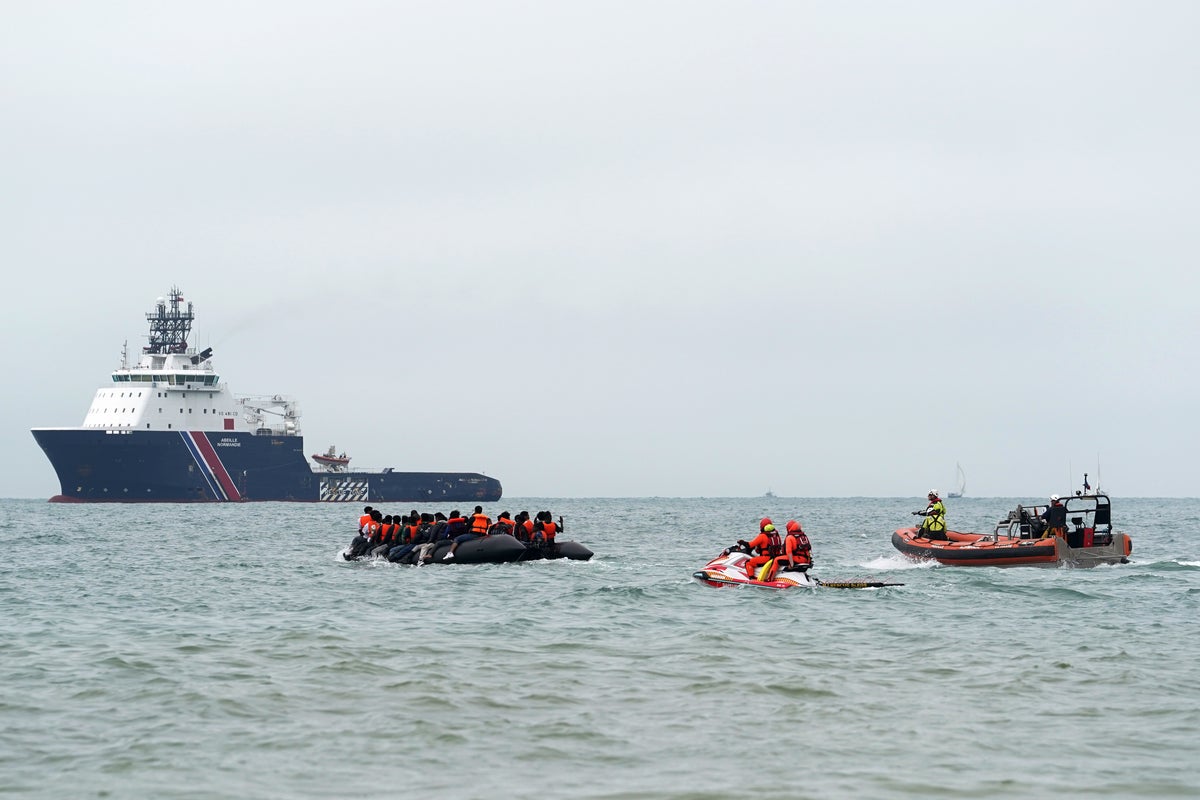A second asylum seeker will challenge their deportation to France under Sir Keir Starmer’s “one in, one out” scheme at the High Court.
The case comes after the first migrant was removed under the UK-France treaty, landing in Paris on Thursday morning.
An Eritrean asylum seeker succeeded in halting his deportation to France, which had been scheduled for Wednesday, after a High Court judge allowed him time to respond to a negative modern slavery decision.
The Home Office had decided that there wasn’t enough evidence that the 25-year-old Eritrean was a victim of trafficking, but the judge allowed him 14 days to attempt to rebuff the decision.
The government is now facing a fresh legal challenge against its “one in, one out” deal with France just hours after hailing the first deportation of a migrant under the scheme.
A High Court hearing will take place at 4pm on Thursday over a potential deportation under the agreement, which seeks to remove those who crossed the English Channel by small boat back to the continent.
In a bid to prevent further delays, asylum seekers due for removal under the “one in, one out” deal with France will be blocked from challenging Home Office decisions about their modern slavery claims after official guidance was quietly changed overnight.
The home secretary has changed the modern slavery statutory guidance so that asylum seekers who the Home Office wish to deport to France will not be able to ask for their negative decision’s to be reviewed.
Instead, if they want to challenge the decision, their only recourse will be via legal action from another country, including France.
Charity Medical Justice, who have been providing support to asylum seekers detained under the France scheme, said that removal directions for five of their clients have been cancelled so far.
A spokesperson for Medical Justice said: “The vast majority of our clients detained for the ‘one-in one-out’ have histories of trauma, such as torture and trafficking which are common amongst those taking the perilous journeys from their countries.
“Disclosure is not aided by our clients having been interviewed in the middle of the night; they are disorientated after many hours of having no sleep and no food, shortly after an often distressing journey across the Channel. Unsurprisingly, these terrible conditions may affect responses to questions in interview.”
They added that vulnerable asylum seekers often don’t recognise the terminology used in interviews.
This is a breaking story. More to follow…

